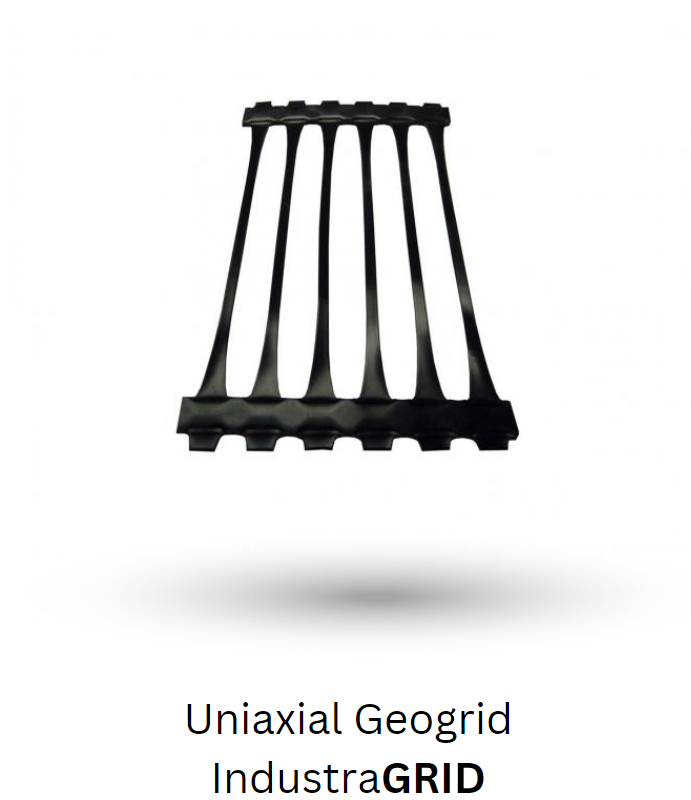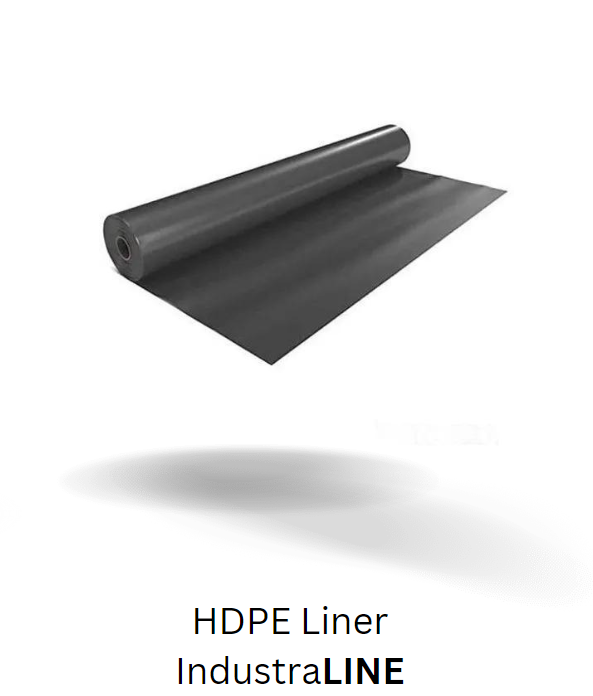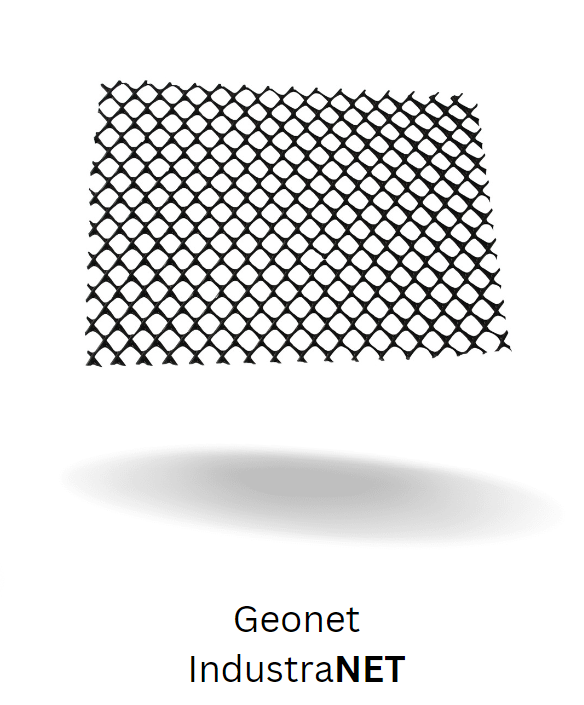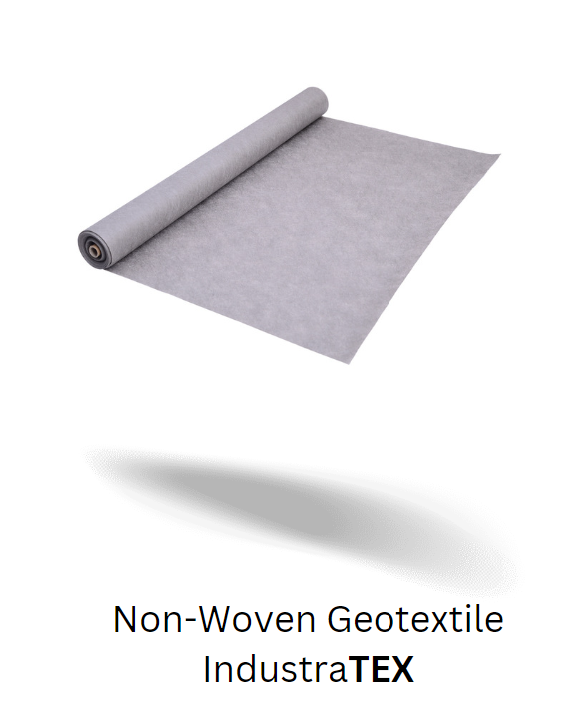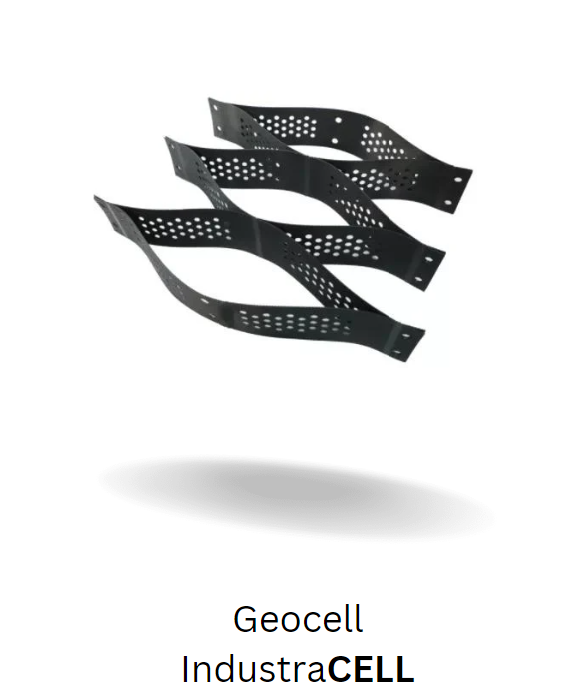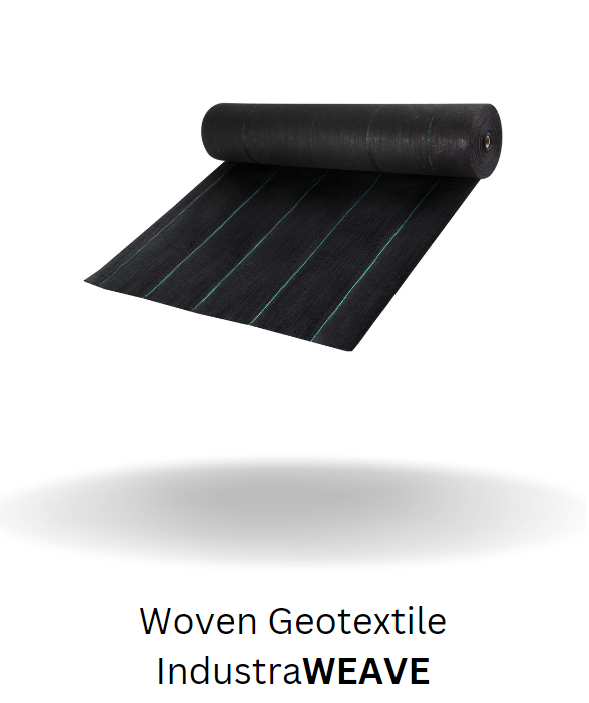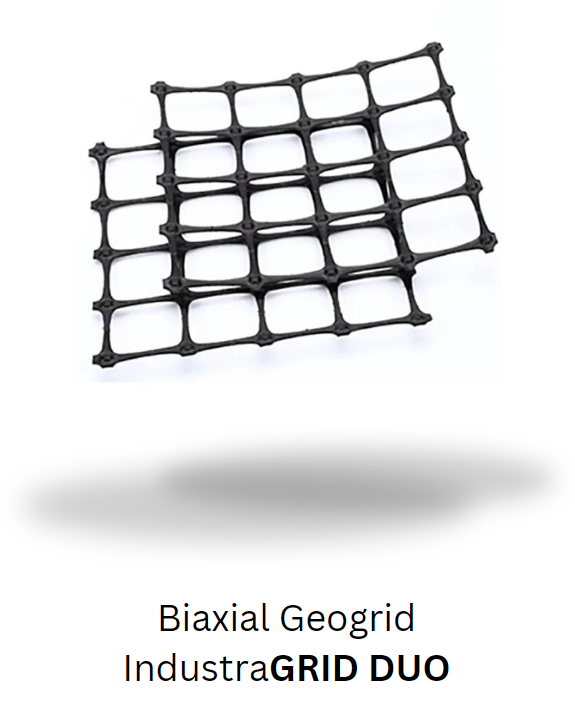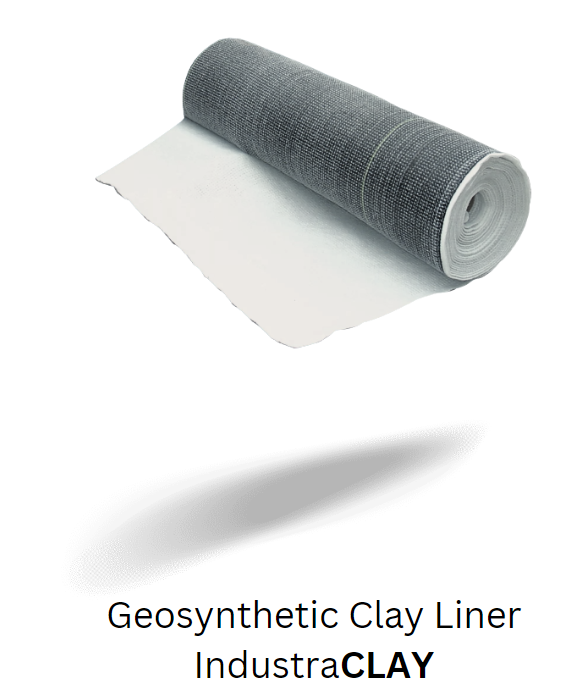Polypropylene Plastic (PP)
In the world of plastics, Polypropylene, often referred to as PP, quietly plays a starring role. While it may not always grab the headlines like its more glamorous counterparts, such as PET or PVC, Polypropylene is an essential and versatile material found in a wide array of products. In this article, we’ll delve into the multifaceted world of Polypropylene, exploring its diverse applications and highlighting its significance in various industries.
What is Polypropylene Plastic?
Polypropylene is a thermoplastic polymer made from the polymerization of propylene monomers. This versatile material is prized for its exceptional combination of properties, including high strength, chemical resistance, and the ability to withstand a wide range of temperatures. Polypropylene is used in various forms, including fibers, films, and molded parts, making it suitable for a vast range of applications. Polypropylene plastic (PP) is a polyolefin with similar properties to polyethylene and HDPE but is slightly harder and more heat resistant. The material is usually white or grey and is mechanically rugged and has a high degree of chemical resistance.
We fabricate all sorts of tanks and liners for customers in a diverse range of industries using polypropylene. Here are just a couple of examples of the many uses of this robust material.
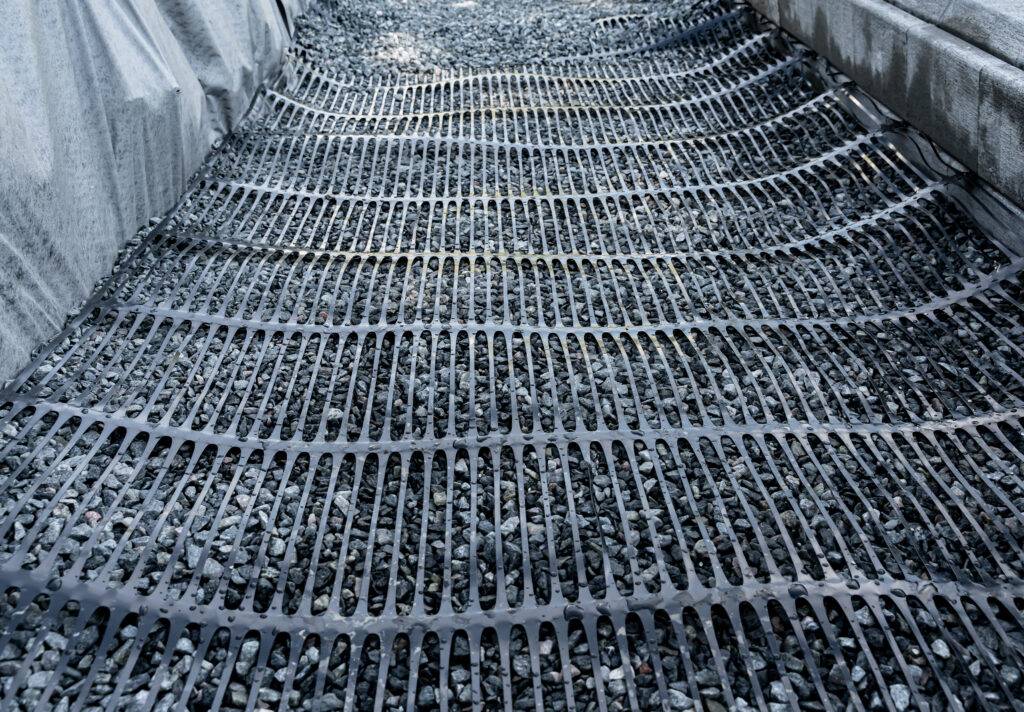

Polypropylene’s Remarkable Versatility
Polypropylene’s utility extends across numerous industries:
- Packaging Materials: In the world of packaging, PP shines. It’s commonly used for making containers, bottles, and caps due to its resistance to moisture, chemicals, and impact. PP’s durability ensures the safe storage of everything from food products to pharmaceuticals.
- Automotive Components: Polypropylene is widely employed in the automotive industry for manufacturing various components. It’s used in interior trim, bumpers, and under-the-hood parts due to its lightweight nature and ability to withstand temperature variations.
- Textiles: PP fibers are used in textiles, providing moisture-wicking and quick-drying properties. You’ll find PP fabrics in outdoor clothing, ropes, and even in some upholstery.
- Medical Devices: In the healthcare sector, PP is used to manufacture medical devices, such as syringes and test tubes, thanks to its biocompatibility and resistance to sterilization processes.
- Electrical Components: Polypropylene is used in electrical components like capacitors, as it possesses excellent dielectric properties and can handle high temperatures.
- Building and Construction: PP pipes and fittings are commonly used in plumbing and drainage systems due to their corrosion resistance and longevity. It’s also used for insulation in the construction industry.
What are the Benefits of Using Polypropylene?
- Chemical resistant
- Mechanically rugged
- Fatigue resistant
- Flexible
- Reasonably economical
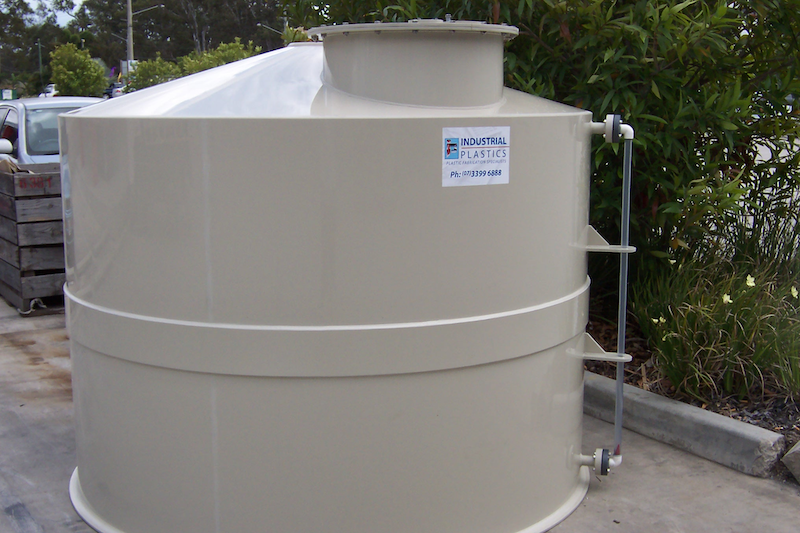

Common PP Applications
- Geosynthetics material
- Uniaxial Geogrids
- Biaxial Geogrids
- Powder coating dipping tanks and liners
- Machine covers
- Electrical switch cabinets
The Environmental Edge
Polypropylene has a growing environmental appeal:
1. Recyclability: PP is recyclable, making it an eco-friendly choice for manufacturers aiming to reduce their carbon footprint.
2. Energy Efficiency: PP’s lightweight nature contributes to energy efficiency in transportation, reducing fuel consumption and emissions.
3. Durability: Its resistance to degradation and long lifespan mean fewer replacements are needed, reducing resource consumption.
In conclusion, Polypropylene may not always take center stage, but its importance cannot be understated. From the food containers that keep our meals fresh to the car components that ensure our safety on the road, PP is an unsung hero in our daily lives. Its versatility, strength, and environmental credentials make it a valuable material across numerous industries. So, the next time you encounter Polypropylene, whether it’s in your car, your kitchen, or even your doctor’s office, take a moment to appreciate the unassuming workhorse that it is—a material that silently but indispensably supports the modern world.
Next time you pick up a plastic item, check the bottom — if its recycle number is a 5, then it contains polypropylene plastic.
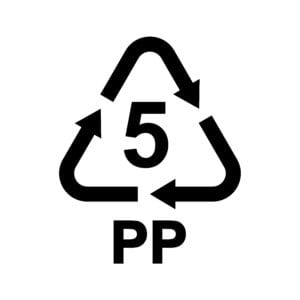

If you would like to know more about the above or have any other questions, comments, or queries regarding Industrial Plastics offerings be sure to get in touch with us today!
